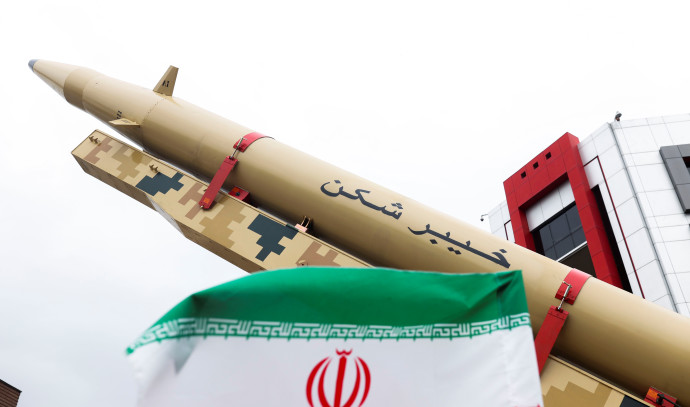IAEA Chief Rafael Grossi on Monday told the IAEA Board of Governors that “the Agency has lost continuity of knowledge in relation to the production and inventory of centrifuges, rotors and bellows, heavy water and uranium ore concentrate.”
“It is three years since Iran stopped provisionally applying its Additional Protocol and therefore it is also three years since the Agency was able to conduct complementary access in Iran,” Grossi said, describing large gaps in nuclear inspections.
Next, he referred to a recent Iranian nuclear official who said that all aspects of the nuclear weapons cycle are complete and that the only obstacle to Tehran producing a nuclear weapon is the political decision to do so.
Grossi said, “Public statements made in Iran regarding its technical capabilities to produce nuclear weapons only increase my concerns about the correctness and completeness of Iran’s safeguards declarations.”
In addition, he warned, “You will note that Iran’s stockpile of enriched uranium continues to increase, even though the level of uranium enriched up to 60% has fallen slightly.”
Further, the IAEA chief stated, “There has been no progress in resolving the outstanding safeguards issues. Iran has not provided the Agency with technically credible explanations for the presence of uranium particles of anthropogenic origin at Varamin and Turquzabad or informed the Agency of the current location(s) of the nuclear material and/or of contaminated equipment.”
Iranian nuclear violations were uncovered in 2018
These Iranian nuclear violations were uncovered by a Mossad raid in Tehran in 2018.
Moreover, Grossi flagged there are discrepancies regarding the nuclear material balance Iran has given in different reports. While some discrepancies have been resolved, he said that others require additional investigation.
He said that “Iran also needs to implement modified Code 3.1, which is a legal obligation for Iran…to provide assurance that Iran’s nuclear program is exclusively peaceful.”
Discussing specific inspection problems, he said, “I am seriously concerned that Iran has unilaterally stopped implementing the Joint Statement, which raises doubts that Iran remains committed to what we have agreed. I also deeply regret that Iran has yet to reverse its decision to withdraw the designations for several experienced Agency inspectors.”
In September 2023, the Islamic Republic expelled eight key inspectors, including those who had caught Iran enriching uranium up to 84%, super close to the 90% weaponized level.
To date, most Iranian enrichment is up to the medium 20% or high, but not weaponized 60% levels.
The 2015 nuclear deal required Iran to stay under a 5% enrichment limit.
Despite all of Grossi’s above concerns, the IAEA Board is not expected to refer the nuclear standoff to the UN Security Council.
Indications are that the US and the West are distracted by the wars in Ukraine and Gaza, and that short of a clear sign that Tehran was seeking to break out to a nuclear weapon, there is little stomach for provoking a more intense confrontation.

